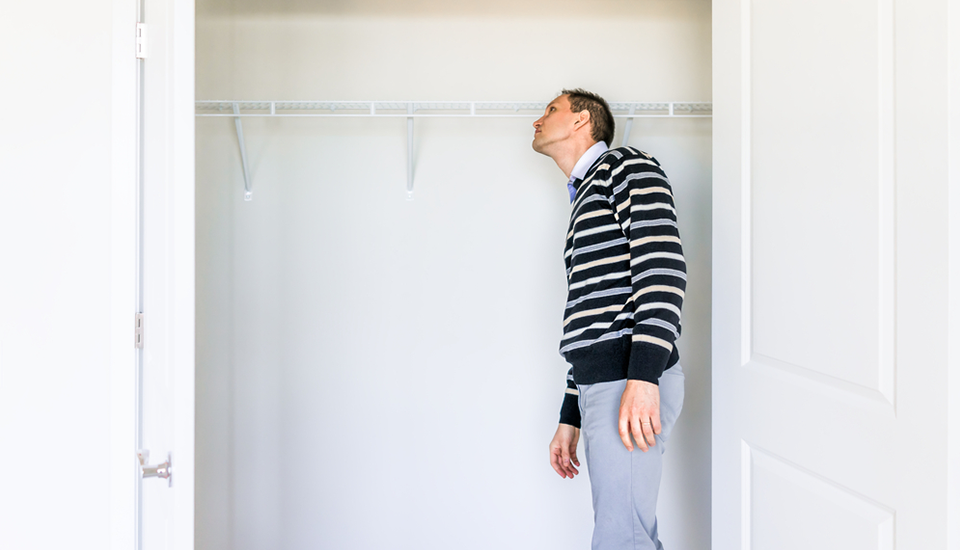May 24, 2019.
Sometimes, a home’s beauty is only skin deep. Everything can look fine on the outside, but deeper foundational issues might be covered up with a fresh coat of paint.
6 sneaky signs a ‘picture-perfect’ home isn’t what it seems
No home is perfect, and even buying a house in great condition doesn’t guarantee you won’t run into any problems after you buy. But according to NerdWallet’s 2018 Home Improvement Report, 44 percent of homeowners say they’ve had an unexpected repair arise. Twelve percent of these homeowners found they needed a “surprise” repair within their first month of ownership.
NerdWallet’s report states:
56 percent of homeowners said they’d be willing to borrow money, from a lender or family member, for example, to do home repairs or improvements that they knew would increase the value of their home… Seventy-two percent of homeowners say spending money to improve a home always increases the value.
HomeAdvisor’s 2018 True Cost Survey shows that homeowners spent $6,649 on home improvements on average within the past 12 months. This number may sound high because it also factors in the owners who bought fixer-uppers. Buying a fixer-upper can be a smart and satisfying move if you’re fully aware of the repairs you’re agreeing to. A 2018 Zillow report found that owners of starter homes, which are often fixer-uppers, saw the fastest increases in equity.
Still, no one brings a home inspector to an open house. But you can prevent yourself from falling for a place that’s not as safe as it appears by keeping your eyes open:
Get started
1. Smelly closets.
There’s only so much that fresh-baked cookies can mask. Smell beyond the essential oils in the kitchen and take a peek in the closets. They could be hiding the scent of mildew, mold, and water damage.
Next
2. Patchy paint.
Look out for peeling paint or mystery stains on the wall. These could be a sign of dry rotting or water leaks.
Even if you’ve started house-hunting, there’s still time. Prequalify Now, find out how much you can afford, and start shopping in your price range.
Next
3. Too-perfect paint.
This is one time where if it looks too good to be true, it might be. A fresh coat of paint can be a nice addition to any home before it’s sold, but it could also be covering up mildew and mold problems. So, do a smell check. And inspect the walls closely for signs of stains or odd textures.
Next
4. Ancient wiring.
Even if you don’t understand how homes are wired, you can still do the “flicker” test. Turn on all the lights, as well as the stove — and don’t be shy about it. Get in there and check the porch, the bathroom, the basement, etc. Crackling, dimmed lights, and discoloration around outlets are all indicators that a home’s wiring is outdated.
Next
5. Secret rooms.
Wait a minute — you’re at an open house, and there’s a room that’s blocked off for “maintenance”? Better schedule another visit so you can make sure it doesn’t have anything undesirable stored in it, or worse: termites.
Next
6. Bug hideouts.
Check cabinets and dark corners for signs of mice or roaches, but remember that termites can be hard to find without a separate inspection. So, if you’re interested in a home, hire yourself a termite inspector before you make an offer.
Find the loan that fits your dream house
Buying a fixer-upper could give you the opportunity to build your equity, as long as you know what you’re getting into. At Cornerstone, we’re here to make buying a house easy. One way we do this is by providing more loan programs than many other lenders — including a big selection of construction loans you can use to fund and finish your renovation. Get in touch with a local loan officer to find out how.
For educational purposes only. Please contact your qualified professional for specific guidance.
Sources are deemed reliable but not guaranteed.







